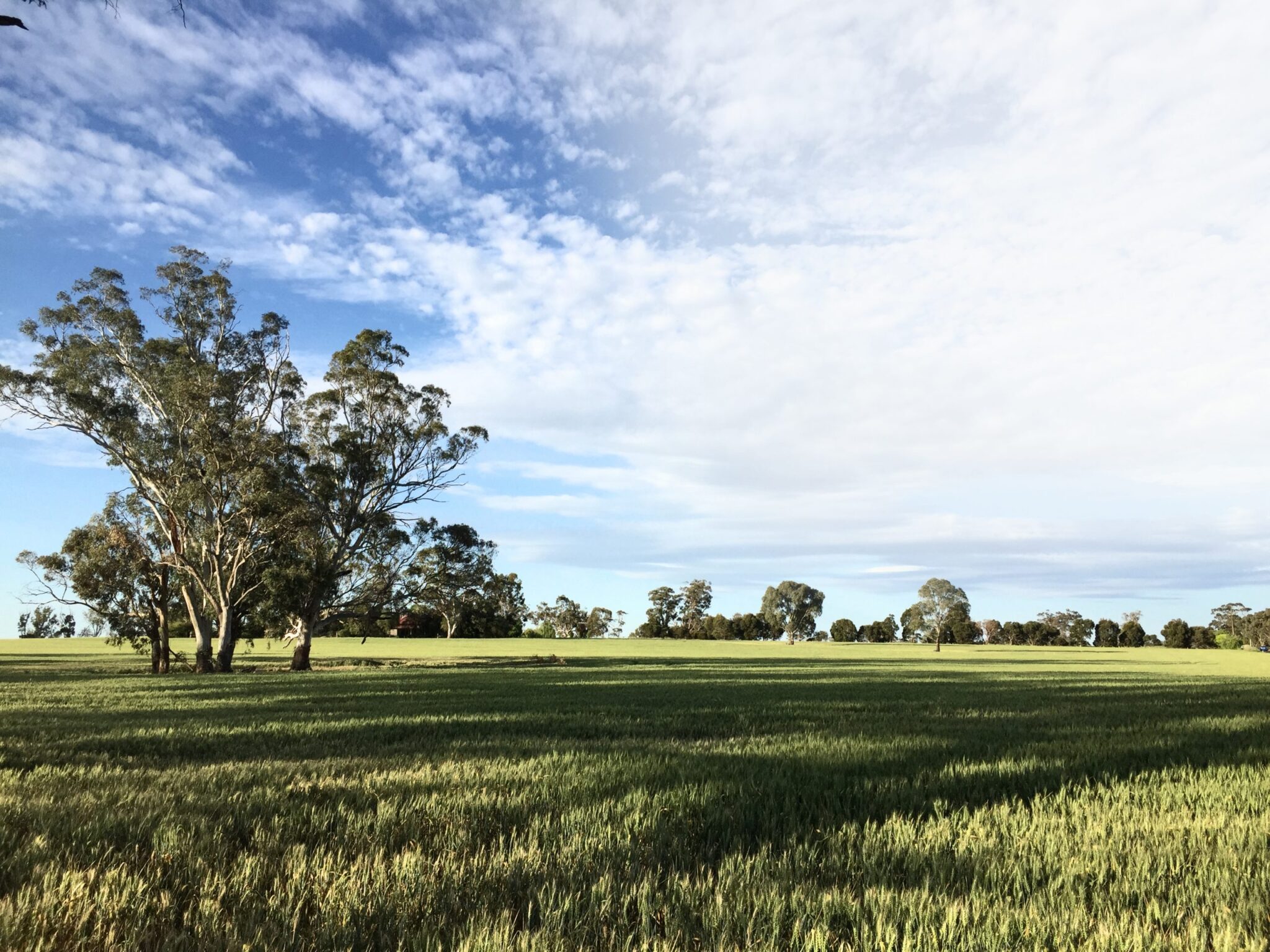100% Pure Australian Hemp Foods
Becoming carbon neutral.

Whenever we talk about hemp, we talk about good health. Most of us already know that hemp foods are great for your health. After all, it’s our company credo – “good health starts with good food”. But at GCH we want to go beyond good health for people and help the environment as well.
We are committed to making our business and our hemp foods carbon neutral. This means offsetting our carbon footprint by investing in projects which benefit our environment. Making our “business” carbon neutral is one thing, but making our hemp food products carbon neutral takes it up a notch. To do this we need to offset not only the footprint of our office and premises but the farming operations as well. The process easily shows us how much our everyday activities make an impact, and what we must do to reverse it.
There’s a lot of good carbon offsetting projects happening which we can choose to support – Australian or overseas. But we’re directing our attention towards Aussie agriculture because we believe farming has huge potential to reduce CO2 levels in the atmosphere, especially hemp farming.
Hemp crops soak up CO2 in the atmosphere and put it back in the soil where it belongs. This boosts soil fertility and starts a beneficial cycle. Hey – what if hemp farmers could sell carbon credits to businesses that produce carbon and help them to become carbon neutral? Well, that’s not possible yet but we’re working on it. First we need to measure how much carbon a hemp crop actually sequesters, then form a standard upon which to calculate carbon credits earned from growing hemp. There’s a bit of science involved, and perhaps some lobbying. But we’re not alone and there are quite a few farmers and others who would like to benefit from what we already know – hemp puts lots of carbon back into the soil, and it’s better down there than up in the atmosphere!
Yes, we may be driven by a marketing advantage. But more than anything (trust me on this) we just want to do the right thing and leave the place in better shape than it was. There’s a risk with being early adopters, not to mention the financial risk of spending money on the auditing process, then buying the carbon credits we need to neutralize. Who knows if the dollar cost of being carbon neutral will be repaid in terms of more hemp food sales? Time will tell. But I’m sure there needs to be an environmental cost to pay for our daily activities. We can all pay for our daily footprint by not buying the cheapest food on the shop shelves, but buying better quality locally grown food instead. Cheap food (which is most likely imported food) normally comes with a heavy environmental footprint.
So on with our crusade. We will continue to provide high quality, natural, locally grown and produced hemp foods from our family owned company. Good health!
